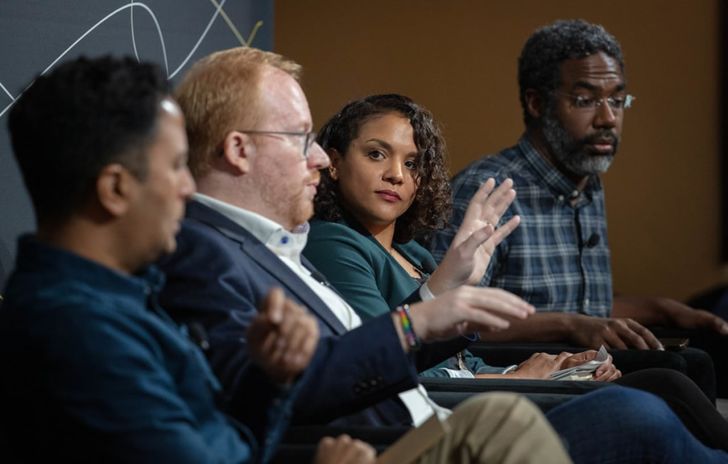Twitter plans to end free access to its API on Monday but hasn’t released information on what pricing and access options it will make available going forward. These changes could devastate ongoing research that relies on the API—and uncertainty about future costs and permissions limits researchers’ ability to plan a response.
CITAP is a member of the Coalition for Independent Technology Research and have signed the Coalition’s letter calling on Twitter to ensure that APIs for studying public content remain accessible to journalists, academics, and civil society. We’re also planning for a future in which Twitter research is much, much harder.
Deen Freelon has been monitoring the end of the “API age” for some time now, writing about researchers’ vulnerability to platform policy and terms of service in response to Facebook shutting down its Pages API in 2018. He noted then:
Researchers of social and other online media content should start by doing two things as they brace themselves for the uncertainty ahead. First, they should learn how to scrape the Web; and second, they should understand the potential consequences of violating platforms’ TOS by doing so.
In December, Deen discussed the risk of losing research access to Twitter in a presentation at Knight Foundation’s Informed conference. He noted that “social scientists have put a lot of their methodological eggs in the Twitter basket,” and suggested thinking that other platforms with high social relevance and good data access—YouTube, Reddit, and TikTok—offer promising alternative avenues for research. (Since that time, state restrictions on accessing TikTok have complicated public universities’ ability to study that platform as well).
And this week, he collected a public thread of resources that support scraping and access to data from other platforms:

Reorienting research to other platforms is not an overnight process and doing so would only mitigate—not repair—the harm of losing the insights that studying Twitter provides. As Deen commented to Science this week, fee-based API access furthers existing iniquities in scholarship.
“Who’s going to lose out are going to be grad students, people without institutional affiliations, people whose institutions are lower wealth.”
This same inequality will play out in reorienting research to alternate platforms, with better-resourced teams able to build new scraping tools while others struggle to make that pivot.
Publications and appearances
TikTok sleuths are obsessed with determining whether a North Carolina college student’s scar is real or fake. Why? Alice Marwick suggested to The Atlantic that it could be because they’re angry at the possible lie: “There’s a lot of evidence that moral outrage spreads internet content faster than anything else.”
“…privacy is a fundamental human right, paramount to the functioning of a just and fair society, essential for the protection of a plethora of other rights—including freedom of expression—in the age of big data, algorithmic decision-making, and surveillance capitalism.” Affiliate David Morar writes in support of the American Data Privacy and Protection Act (ADPPA).
Coming soon
February 14-17: The University of Florida’s Frank gathering, where Francesca Tripodi will be participating alongside other amazing speakers. Event information and registration.
March 2, 1pm: Francesca Tripodi talks about The Propagandists’ Playbook at Northeastern University’s Network Science Institute. Details and registration
March 9 & 10: The virtual QAnon Research Conference. Event information and registration.
March 28, 11am: The CITAP spring speaker series presents Hakeem Jefferson, “From Margin to Center”: Reorienting our Approach to the Study of Race and Inequality in the Social Sciences. Details and registration to come shortly.
April 10, 9am: CITAP affiliate Bridget Barrett will give a public dissertation defense of her work on political merchandizing by campaigns and unofficial sellers. Details and registration (both in-person and virtual) to follow.
May 30, 2023: Release date for Alice Marwick’s The Private Is Political: Networked Privacy and Social Media.
Rest of Web
A dataset worth exploring:


The APSA & ICA Political Communication Divisions suggest “What Comes After Disinformation?” and our “Critical Disinformation Studies” as syllabus inspiration this week.

Have ideas about how to better teach critical computer science? The Responsible Computing Challenge may be able to fund a pilot.




